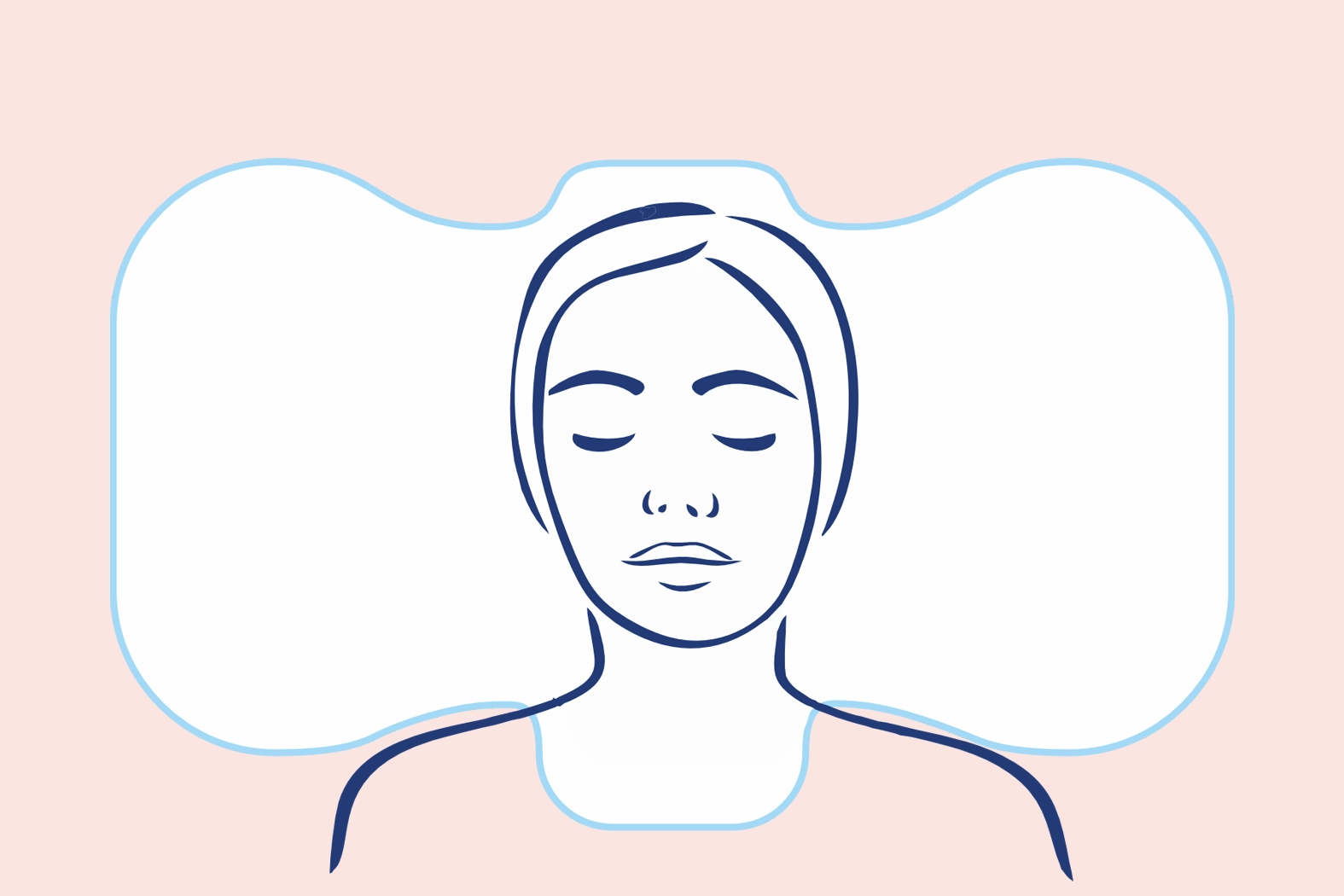To provide services at the highest level, we use cookies. Using the website requires you to choose settings related to their storage on your device. If you want to know what each type of cookie is used for, click the Details button below.
Sleep hygiene, the art of getting enough sleep10 września 2023 |

Sleep hygiene is a set of practices, habits, and environmental factors that influence the quality and effectiveness of our sleep. Maintaining sleep hygiene aims to ensure an adequate amount of sleep, improve its quality, and promote a healthy sleep pattern. It also includes bedroom furnishings, including pillows and mattresses.
There are many factors that can negatively impact sleep, including:
To maintain sleep hygiene, it's advisable to:
Research has shown that short sleep duration may be associated with an increased risk of various health problems, including an elevated risk of mortality. Every 5% reduction in the REM sleep phase was linked to a 13%-17% increased risk of death among older and middle-aged individuals. This highlights the importance of ensuring an adequate amount of sleep, especially in old age.
Although sleep is incredibly important for health, excessive sleep can also have a negative impact. Prolonged oversleeping can lead to issues such as reduced intellectual functioning, weight gain, and an increased risk of certain diseases like diabetes. The ideal amount of sleep is individual and may vary depending on age and individual needs. Therefore, it's important to maintain moderate, regular sleep tailored to one's own requirements.